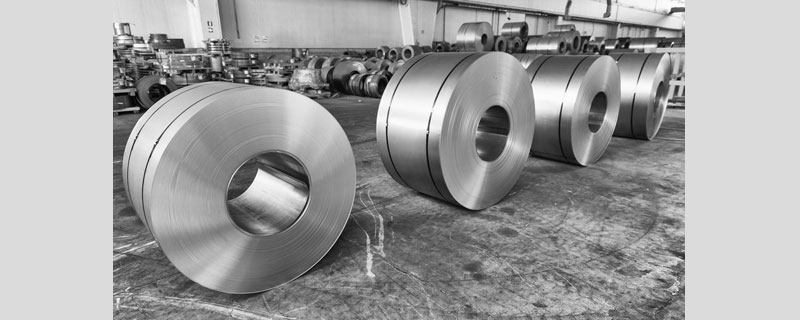UK STEEL, LEFT TO ‘WITHER & DECLINE’
The UK steel industry could “wither and decline” unless procurement rules are revised obliging all UK infrastructure projects to use British-made steel, according to Unite the Union.
In a letter to prime minister Rishi Sunak, Unite general secretary Sharon Graham said:
“It is shocking that a majority of our public infrastructure projects currently use imported steel. We need to ensure that from HS2 to offshore energy, all major UK infrastructure projects include obligations to procure UK-made steel.
“This also means ensuring the UK has the capacity to make any specialist steel needed for national security projects, such as Royal Navy ships.”
The Department for Transport is on record as saying it has “no formal targets for the use of UK steel on HS2”, but has confirmed that 67% of steel supplies on the project is sourced from UK producers.
However, Graham says the UK government’s investment in steel “is small beer” when compared with the commitments to national industry made by Germany and the US.
She said under-investment and failure to implement targets to use British steel in public procurement means the sector is “being left to wither and decline”.
In her letter to Sunak she said: “It is your government’s [intended] policy to grow foundation industries like steel, make them more internationally competitive and secure more jobs in them throughout the UK. But there is no sign that this is actually happening.
“Instead the UK steel industry is shrinking, becoming less competitive and losing skilled jobs. This is a threat to thousands of workers and their families across Wales, the Midlands, the North East and beyond.
“It is a threat to the very heart of the communities that surround them. And it is a threat to the future of our national security and our broader manufacturing and construction industries.”
UK Steel policy manager Frank Aaskov agreed the UK is falling behind some of the investment commitments made by other international governments.
Aaskov said:
“Other North American and European governments have provided significant match-funding for investment in the decarbonisation of their steel industries, which they recognise as strategic national assets.
“By contrast, the UK is becoming an even less attractive market to invest in for global steel companies. We are in an energy crisis, but here is no longer any direct funding for energy efficiency.
“The UK government should lead on green manufacturing, but is falling behind,” he added.
A spokesperson for The Department for Business & Trade said:
“We recognise the vital role that steel plays in the UK economy, supporting local jobs and economic growth and are committed to securing a sustainable and competitive future for the UK steel sector.
“We have already taken action to protect the industry from unfair trade and to reduce the burden of energy costs. Our recently announced British Industry Supercharger is cutting energy costs for steel manufacturers, ensuring they are in line with other major global economies.
“This is on top of a range of other industrial competitive funds worth over £1bn to support efforts to cut emissions and become more energy efficient.”
But Graham said this energy-intensive sector is being “pushed to the brink” by power costs.
She said the government needs to “get a grip” on soaring costs and end “profiteering by energy firms”.
Source: Supply Management









Leave a Reply
Want to join the discussion?Feel free to contribute!